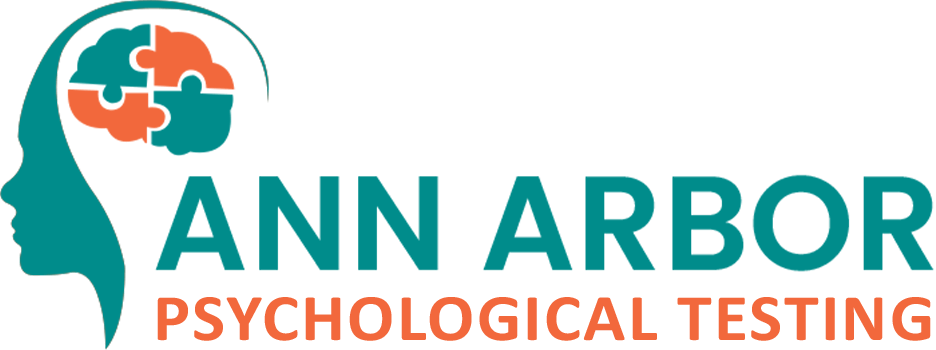Neurobiology of ADHD: Understanding Attention-Deficit/Hyperactivity Disorder and the Importance of ADHD Testing

Attention-Deficit/Hyperactivity Disorder (ADHD) is a neurodevelopmental disorder that affects millions of individuals worldwide. Characterized by symptoms such as inattention, hyperactivity, and impulsivity, ADHD can significantly impact academic performance, social relationships, and daily functioning. At Ann Arbor Psychological Testing, we understand the complexities of ADHD and the importance of accurate diagnosis through comprehensive ADHD testing.
Understanding the Neurobiology of ADHD
Research indicates that ADHD is associated with differences in brain structure and function. Studies suggest that certain areas of the brain, particularly those involved in attention and executive functioning, exhibit atypical development in individuals with ADHD (Shaw et al., 2009). These differences can manifest in the following ways:
- Impairments in Executive Functioning: Individuals with ADHD often have difficulties with planning, organizing, and managing time, which are crucial skills for success in school and life. These impairments are linked to dysfunction in the prefrontal cortex, an area responsible for higher-level cognitive processes.
- Altered Dopaminergic Function: Dopamine, a neurotransmitter associated with reward processing and motivation, plays a critical role in ADHD. Research indicates that individuals with ADHD may have altered dopamine pathways, which can affect attention and impulse control. This dysfunction can lead to a reduced ability to focus on tasks that lack immediate rewards.
- Variability in Brain Activity: Studies have shown that individuals with ADHD often exhibit variability in brain activity, particularly in response to tasks requiring sustained attention (Cortese et al., 2013). This variability can contribute to difficulties in maintaining focus and may result in the tendency to switch between tasks more frequently than peers.
How ADHD Testing Can Be Helpful
Given the complexities surrounding the neurobiology of ADHD, accurate diagnosis is crucial. ADHD testing at Ann Arbor Psychological Testing can provide valuable insights into an individual's symptoms and functioning. Here are several ways in which ADHD testing can be beneficial:
- Comprehensive Evaluation: Our ADHD assessment process involves a detailed clinical interview, standardized testing, and behavioral assessments. This comprehensive approach ensures that we gather relevant information about attention, impulsivity, and hyperactivity, allowing us to differentiate ADHD from other psychological disorders.
- Understanding Co-occurring Conditions: Many individuals with ADHD also experience co-occurring conditions, such as anxiety or learning disabilities. Our testing process helps identify these additional challenges, providing a holistic view of the individual’s needs.
- Personalized Recommendations: Following the assessment, we provide a detailed report that outlines the findings, diagnosis, and tailored recommendations for treatment and intervention. This information is essential for developing effective strategies to manage ADHD symptoms and improve functioning in various domains.
- Educational and Occupational Support: A clear diagnosis of ADHD can lead to essential accommodations in school or work settings, such as extended test times or organizational support. These accommodations can significantly improve academic performance and job success.
ADHD Testing in Ann Arbor
Understanding the neurobiology of ADHD is vital for accurately diagnosing and effectively treating this complex disorder. At Ann Arbor Psychological Testing, we are committed to providing thorough ADHD testing to help individuals and families navigate the challenges associated with ADHD. By identifying the unique characteristics of each individual’s experience, we can develop personalized interventions that lead to lasting improvement.
If you or someone you know is struggling with attention, impulsivity, or hyperactivity, contact Ann Arbor Psychological Testing today to schedule an initial consultation. Our expert team is here to guide you through the assessment process and support you on the path to understanding and managing ADHD.
References
Cortese, S., Asherson, P., Sonuga-Barke, E. J. S., et al. (2013). Attention-Deficit/Hyperactivity Disorder: A Neurobiological Perspective. Neuroscience & Biobehavioral Reviews, 36(5), 1331-1348. https://pubmed.ncbi.nlm.nih.gov/19627998/
Shaw, P., Lalonde, F., Lepage, J. F., et al. (2009). Development of cortical surface area and gyrification in attention-deficit/hyperactivity disorder. Biological Psychiatry, 65(5), 447-453. https://pubmed.ncbi.nlm.nih.gov/19627998/
